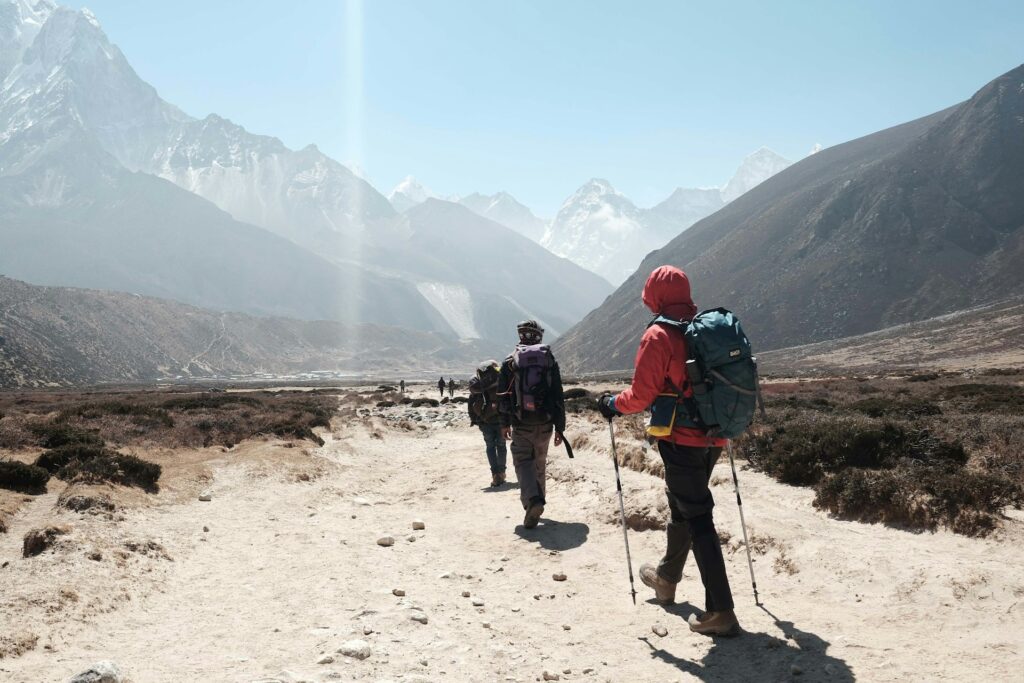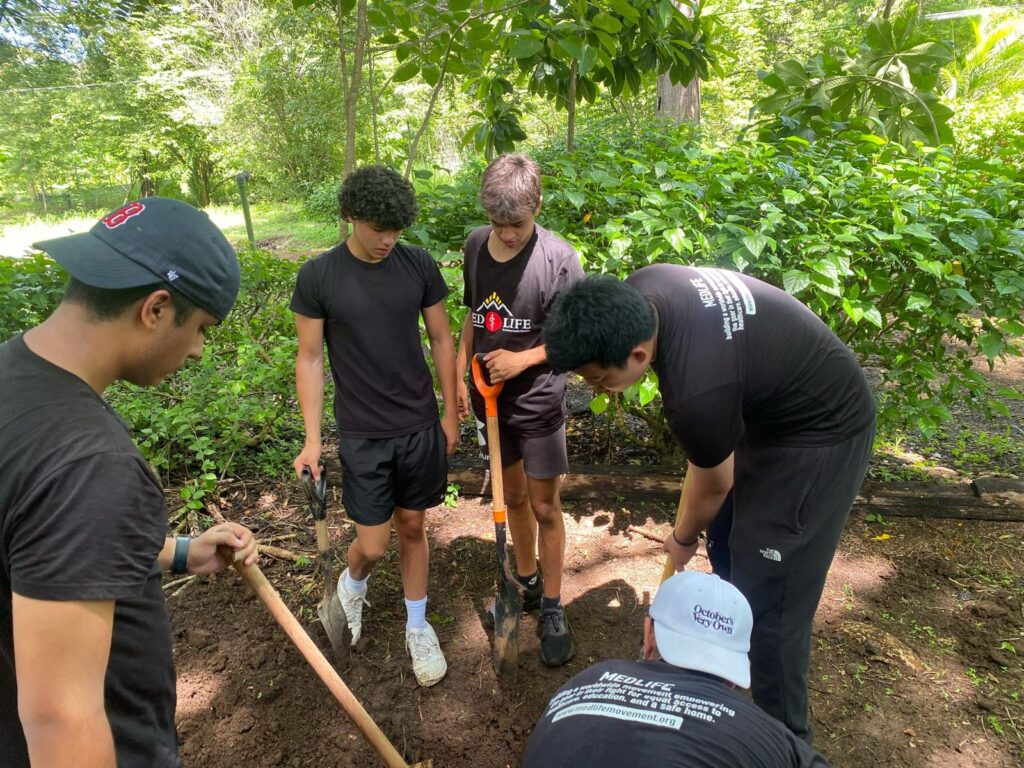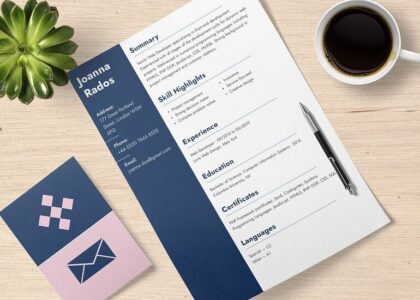A gap year is a transformative experience that allows students and young adults to take a break from traditional academic or professional paths and explore new opportunities. Whether through travel, internships, or cultural exchanges, a well-planned gap year can enhance personal growth, develop valuable skills, and provide a deeper understanding of the world. Below, we outline the key benefits of taking a gap year and offer guidance on planning a meaningful travel experience.

Benefits of Taking a Gap Year
Personal Growth and Independence
Taking a gap year pushes individuals out of their comfort zones, fostering independence, confidence, and adaptability. Navigating new environments and situations strengthens problem-solving abilities and decision-making skills.
Academic Advantages
Studies suggest that students who take a gap year return to academics with renewed focus and motivation. Learn about gap year benefits and how structured time off can enhance long-term academic success.
Career Development and Skill Building
A gap year offers opportunities to gain hands-on experience through internships, volunteer work, or specialized training programs. Many employers value the adaptability, cultural awareness, and resilience gained through these experiences.
Cultural Awareness and Global Perspective
Exposure to different cultures and traditions fosters empathy and adaptability. Learning from diverse communities offers invaluable life lessons and strengthens global connections. Check out the top UNESCO World Heritage sites in South America for inspiration on cultural immersion experiences.
Mental and Emotional Well-Being
A break from academic pressures can help reduce burnout, improve mental health, and provide time for self-reflection and mindfulness.

Enhancing a Gap Year Through Travel
Traveling during a gap year elevates the experience by introducing new environments, cultural interactions, and challenges. Some key advantages include:
- Immersive Learning: Firsthand exposure to history, languages, and global issues deepens understanding beyond textbooks.
- Networking Opportunities: Meeting people from different backgrounds can lead to lasting friendships and career connections.
- Increased Adaptability: Managing travel logistics, budgeting, and problem-solving enhances independence and confidence.
- Cultural Exchange: Engaging with local traditions and customs fosters global awareness and appreciation.
How to Plan a Meaningful Gap Year Experience
Define Your Goals
Identify what you want to achieve—whether it’s learning a new skill, gaining work experience, or volunteering in a meaningful way.
Research Gap Year Programs
Explore structured programs that align with your interests:
- Volunteer opportunities abroad
- Language immersion programs
- Internship and work-study placements
- Cultural exchange programs
Budgeting and Financial Planning
Consider costs for accommodation, transportation, food, and program fees. Look for scholarships, work-exchange programs, or part-time opportunities to fund your travels.
Plan Your Itinerary
Choose destinations that align with your learning objectives. Whether you’re interested in history, environmental conservation, or community development, research locations that offer hands-on experiences.
Prepare for Your Trip
- Secure necessary visas and travel documents.
- Obtain vaccinations and travel insurance.
- Pack appropriately based on climate and planned activities.
Stay Flexible and Open-Minded
While having a structured plan is essential, allowing room for spontaneity can lead to unexpected and rewarding experiences.
Engaged Education - Transformative Educational Travel Experiences
Taking a gap year offers life-changing benefits, from skill development to global awareness. By incorporating educational travel experiences, individuals can maximize their growth and prepare for future academic and career success.
For more details on enriching gap year opportunities,check out our brochure.






